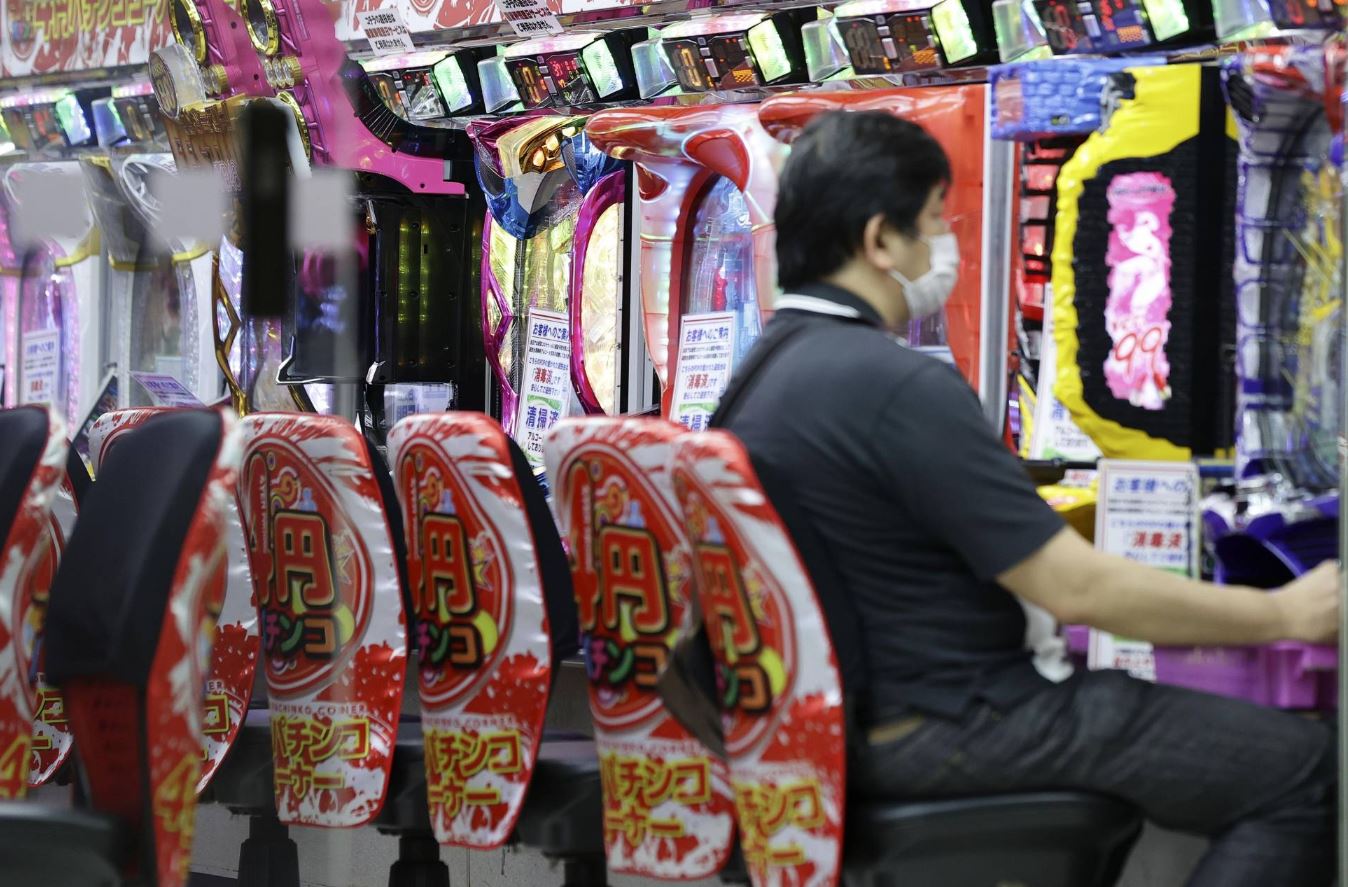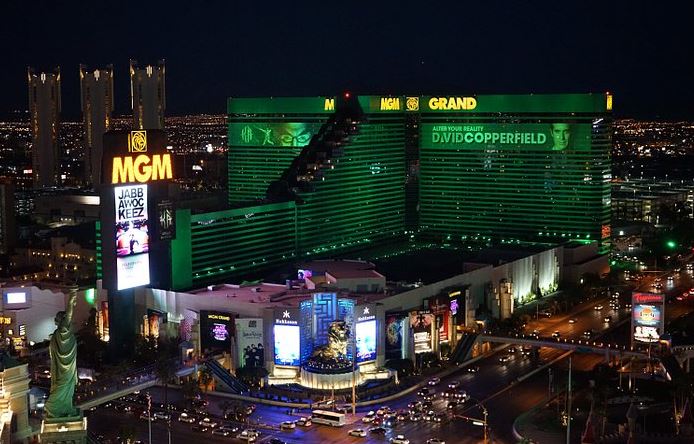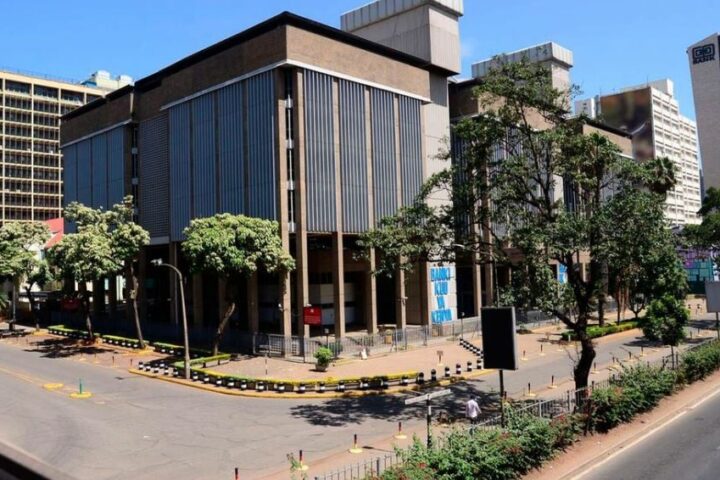
Hiroshi Hitomi, 44, led the illegal casino operation and was one of the eight arrested suspects. Hiroshi confessed to running a private room for local gamblers in the Kabukicho building.
On January 30, the Metropolitan Police Department stormed the private room, shutting down all operations and collecting extensive evidence for the case.
According to sources close to the investigation team, the illegal operation that was shut down on Monday 30th had been running since 2005 and is said to have raised revenues of over 48 billion Yen.
According to the Metropolitan Police, the illegal casino operation was also used to fund organized crime in the city. “It was a well-organized operation shielded from the public with a 24-hour service that could accommodate 70 to 80 gamblers daily.
It was one of Japan’s largest underground casino operations.”
Outcomes of Japan’s Unrelenting Crackdown on Gambling Activity
Japan’s gambling laws are very strict, and the industry is highly regulated, allowing only fixed forms of wagering on specific sports such as boat and motorcycle races, as well as horse racing.
In a recent development, Japan is considering expanding the industry by relaxing gambling regulations.
This is primarily because decades of efforts to combat underground gambling have yielded no significant results, and strict laws have also not benefited the tourism industry, particularly in the post-covid era.
Other major tourism destinations surrounding Japan, such as Macau, China’s administrative region, have reaped significant benefits from the creation of liberalized casino gaming laws.
These entertainment centers attract thousands of local and international visitors, including casino players seeking to avoid Japan’s strict gambling laws.
At the moment, Japanese players only have the option to play at regulated online casinos such as the ones found at casinosnavi.com.
In order to boost its tourism industry, Japan has decided to relax casino gaming laws through regulated expansion strategies such as introducing Integrated Resorts to specific strategically located entertainment districts.
The Integrated Resorts project would begin by offering gaming licenses to Osaka and Nagasaki. The two cities have already submitted their Integrated Resorts development plans, complete with prefectural assembly and city council approvals and certifications.
The Osaka project is being led by a joint venture between Orix Corp and MGM Resorts International. Casinos Austria International is Nagasaki’s sponsor.
Japan is still Lagging behind in the Implementation of Integrated Resorts
The legalization of gaming in Japan has been eagerly anticipated by both local fans and tourists visiting the country.
The idea of introducing Integrated Resorts was widely applauded, but the plan to put it into action has run into numerous roadblocks in recent years.
The ministry of land, infrastructure, transport, and tourism confirmed that agreements for Osaka and Nagasaki Integrated Resorts could not be finalized by the end of 2022, which could further prolong the delay.
Legalizing casino gaming in Japan raises a number of significant issues, not the least of which is the potential for established Chinese-based gambling companies to flood the Japanese market.
Hirofumi Yoshimura, the governor of Osaka, responded to this by confirming that the proposed integrated resort in the county could still be a success even with efforts to combat Chinese-based operators from dominating the recently liberalized market.
Currently, the Ministry of Land, Infrastructure, Transport, and Tourism is the only faction holding back the implementation of integrated Resorts, with the hope that it will reach an agreement in the coming months to legalize gambling.
Potential Outcomes of Casino Gaming Legalization in Japan
The Casino Implementation Act in Japan will have long-term consequences for the local economy. Implementing large-scale casino resort projects under the Integrated Resort banner has a positive impact on tourism growth while avoiding the negative effects of unregulated gambling on the local population.
The massive project, estimated to cost close to one billion Yens, is Japan’s next big thing after the Tokyo Olympics.
It is only natural for such a large project to define expansion goals in order to track the outcomes of legalizing such a sensitive industry. The goals set for Japan have an impact on the local economy by increasing tourist spending.
It also has an impact on socialization in Japan by reducing ineffective funding for combating an obviously growing industry. It regulates the expansion of modern industry, thereby protecting the local population from its negative consequences such as addiction.
Final Thoughts
The successes of Japan’s authorities in cracking down on illegal gambling are commendable in the short term, but not sustainable in the long run.
The gaming industry is highly adaptable to modern technology, making traditional models to combat its growth more expensive and ineffective, especially with the advancement of online casinos.
Despite the current obstacles, the Integrated Resorts initiative appears to be unstoppable in the long run. For Japanese policymakers, regulated expansion is the only way to go.








